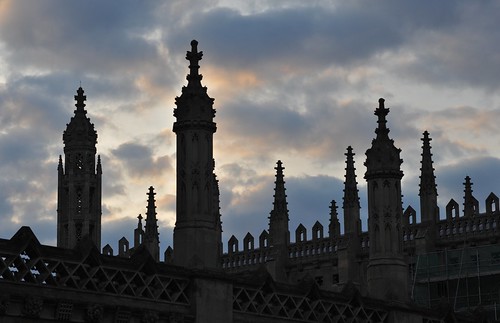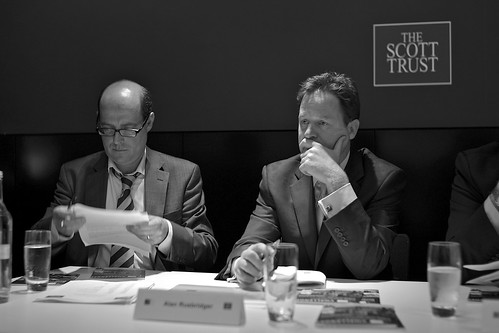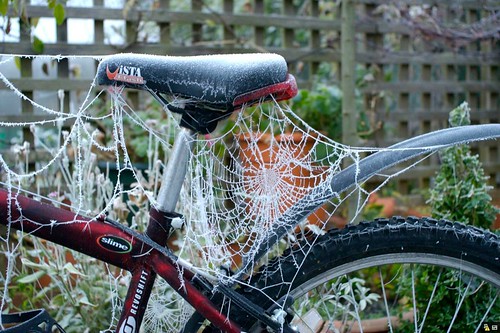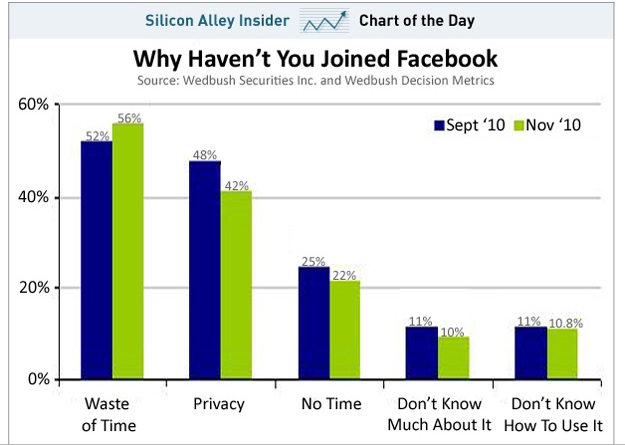Entertaining rant by Farhad Manjoo in Slate Magazine. Sample:
What galls me about two-spacers isn’t just their numbers. It’s their certainty that they’re right. Over Thanksgiving dinner last year, I asked people what they considered to be the “correct” number of spaces between sentences. The diners included doctors, computer programmers, and other highly accomplished professionals. Everyone—everyone!—said it was proper to use two spaces. Some people admitted to slipping sometimes and using a single space—but when writing something formal, they were always careful to use two. Others explained they mostly used a single space but felt guilty for violating the two-space “rule.” Still others said they used two spaces all the time, and they were thrilled to be so proper. When I pointed out that they were doing it wrong [sic] —that, in fact, the correct way to end a sentence is with a period followed by a single, proud, beautiful space—the table balked. “Who says two spaces is wrong?” they wanted to know.
Typographers, that’s who. The people who study and design the typewritten word decided long ago that we should use one space, not two, between sentences. That convention was not arrived at casually. James Felici, author of the The Complete Manual of Typography, points out that the early history of type is one of inconsistent spacing. Hundreds of years ago some typesetters would end sentences with a double space, others would use a single space, and a few renegades would use three or four spaces. Inconsistency reigned in all facets of written communication; there were few conventions regarding spelling, punctuation, character design, and ways to add emphasis to type. But as typesetting became more widespread, its practitioners began to adopt best practices. Felici writes that typesetters in Europe began to settle on a single space around the early 20th century. America followed soon after.
Every modern typographer agrees on the one-space rule. It’s one of the canonical rules of the profession, in the same way that waiters know that the salad fork goes to the left of the dinner fork and fashion designers know to put men’s shirt buttons on the right and women’s on the left.
Huh! I’m an unrepentant two-spacer. And, besides, one’s entitled to be suspicious of advice from a guy who writes that he “pointed out that they were doing it wrong” — which suggests that the distinction between an adverb and an adjective may have escaped him. But then it also escaped Apple Inc. Remember that company’s advertising campaign urging us to “Think Different”?
LATER: Tom Szekeres wrote to point me at Know Your Meme.






